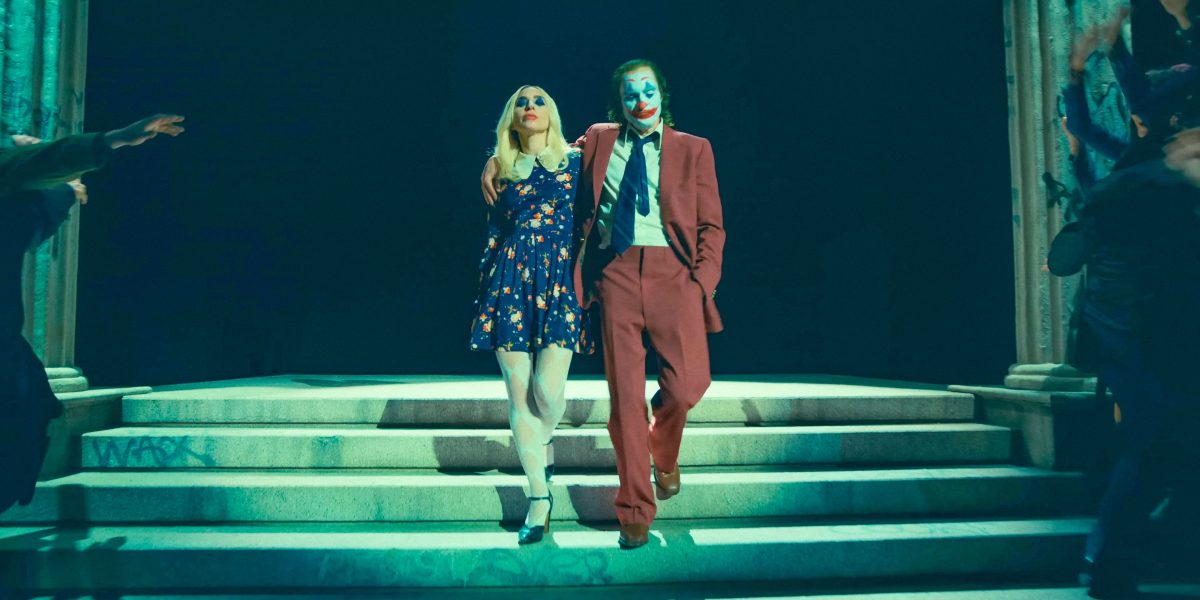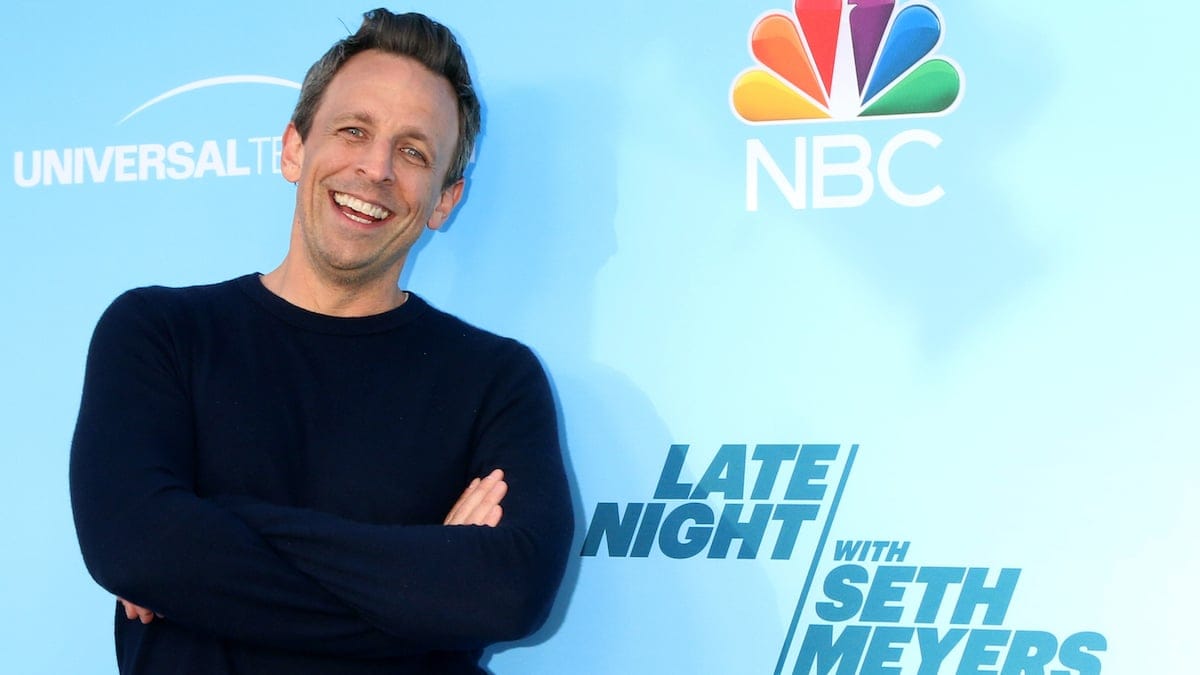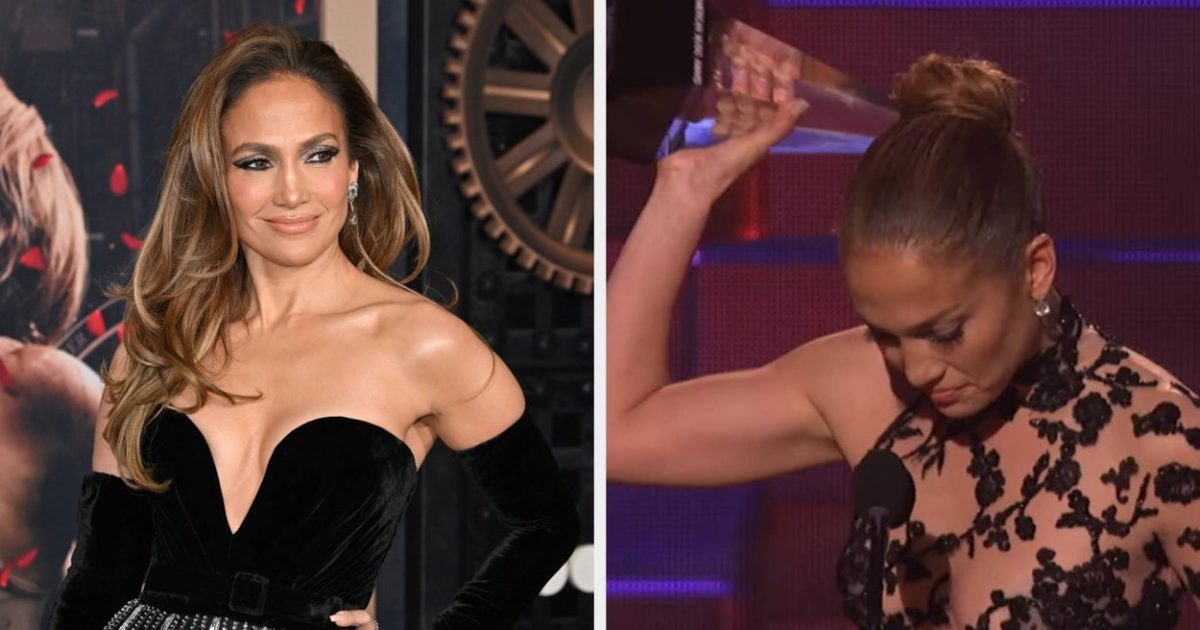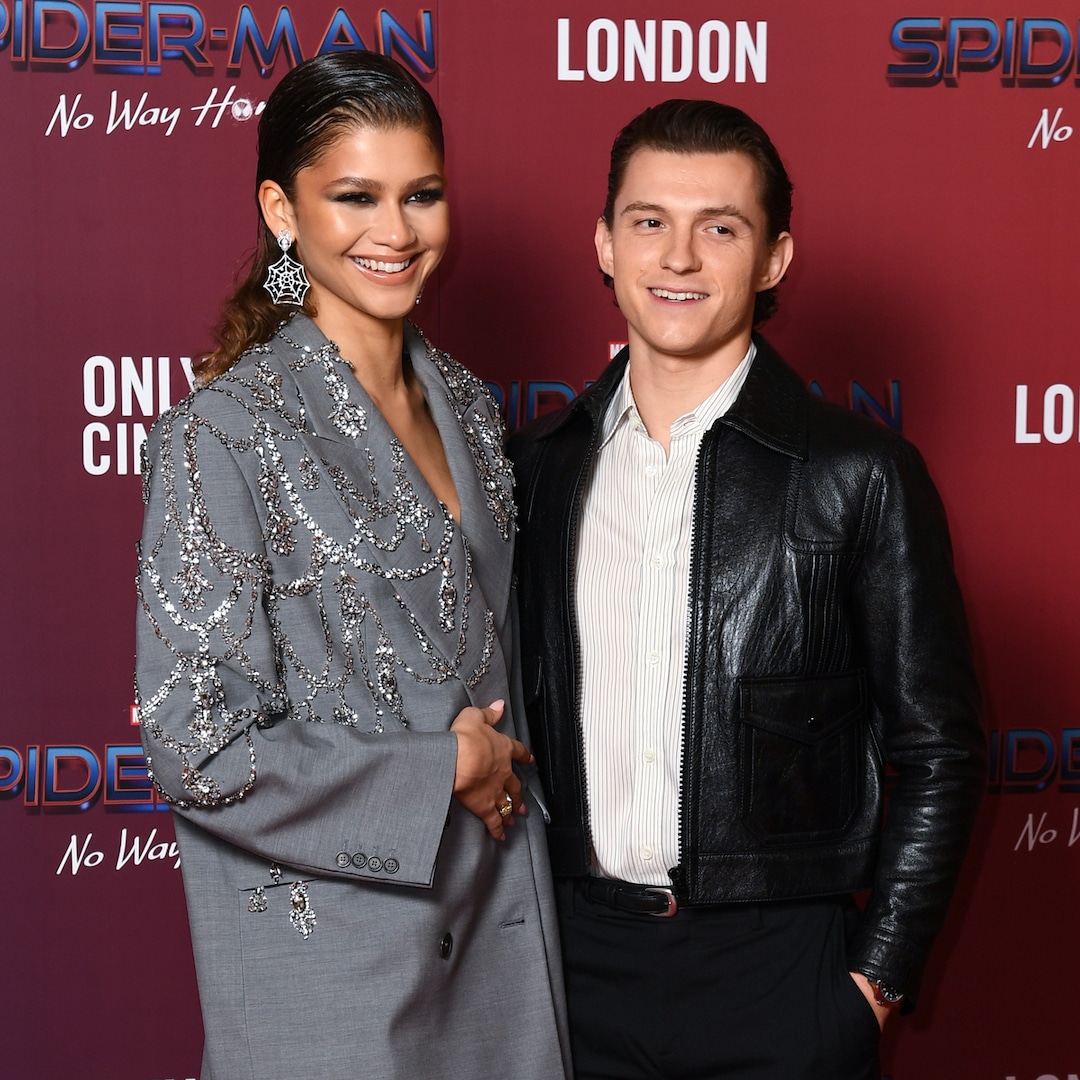
An Improved Sequel Engineered To Antagonize Joker Fans [Venice]
Sep 6, 2024
When Joker premiered here in Venice in 2019, one of the prevailing narratives was that the movie could be dangerous. The film’s embrace of Arthur Fleck’s perspective, the thinking went, might inspire disgruntled young men to commit acts of real-life violence. In reality, what toxicity it generated emerged as memes instead of movements, but this seems to have impacted the filmmakers enough to make Joker: Folie à Deux about that very idea. This film seems targeted directly at the audience a little too into Joker – and made special to antagonize them.
Folie À Deux Is All About The Return Of Joker
And Harley Quinn’s Role In Bringing Him Back
In the wake of murdering Murray Franklin on live TV at the end of Joker, Arthur (Joaquin Phoenix) is now stuck in the maximum security wing of Arkham while he awaits trial. Conditions there aren’t great, but Phoenix’s protagonist is much more subdued than when we last saw him, and has been a model prisoner. His lawyer, Maryanne Stewart (Catherine Keener), is convinced that Arthur and Joker are two split personalities, stemming from his horrifically abusive childhood. Assistant DA Harvey Dent (Harry Lawtey), his prosecutor, thinks he’s fully aware and is pursuing the death penalty.
His trial is declared to be one of the first ever to be fully televised, and the cameras bring out the showman in him. Things only devolve from there.
Which of these is true is one of Joker: Folie à Deux’s running questions, even if the original didn’t ever advance Stewart’s theory. The film opens with a Looney Tunes-style cartoon called “Me and My Shadow,” in which Arthur’s shadow literally replaces him to perform in Joker makeup, the primary purpose of which is seemingly to encourage us to wonder if Joker might be its own entity. With Arthur meek and obliging, Stewart’s defense just might stick.
But on a trip to the minimum security wing to meet her, Arthur encounters Lee (Lady Gaga), a.k.a. Harley Quinzel, who takes an immediate interest in him. When they get to talking, they bond quickly; Lee describes a similarly difficult background, and Arthur feels he’s found someone who can understand him. As he discovers love, he begins to sing his feelings, and Lee soon joins him. Sometimes, they’re singing “for real,” heard and remembered by those around them. Sometimes, especially when the numbers get more elaborate, it’s all in Arthur’s head.
The more he feels connected to Lee, the more he seems to recover his Joker persona. In his first TV interview since his arrest – one of my favorite scenes in the film – he gets combative with Steve Coogan’s interviewer, ignoring some of his lawyer’s advice. His trial is declared one of the first ever to be fully televised, and the cameras bring out the showman in him. Things only devolve from there.
Joker: Folie À Deux Takes Aim At Toxic Fan Culture
And Especially Those Who Misread The First Movie
Fan culture, and toxic fan culture specifically, is an immediate presence. We learn a TV movie was made about Fleck’s case ahead of the trial, which has made him somewhat popular again. He also commands the attention of his fellow inmates, especially as the trial progresses. Arthur has accrued followers in his world, as was once feared he’d do in ours.
Lee stands out as the most extreme among them. She’s what you might call a Joker groupie, reminiscent of the women who fall madly in love with serial killers after they’re behind bars. She encourages the worst in him and fans the flames of his supporters, who rally on the courthouse steps each day. And yet, there are doubts. Arthur’s lawyer suggests some things that Lee told him weren’t exactly truthful. The way she plays the media certainly suggests she’s savvy enough to be playing Arthur. Is she just manipulating him to leech off his image?
This is meant to be an open question, too, though one I feel more conflicted about. Performance-wise, Gaga does all the right things, and Lee is disconcertingly hard to pin down. But Joker: Folie à Deux also withholds her from us to keep up this mystery. Her role is prominent (and involves plenty of singing), but she’s firmly a supporting figure in Phoenix’s movie. I wished more could have been done with her.
That said, thematically, Lee is fully realized. The film’s subtitle, folie à deux, is a French term for shared psychosis, but it’s just as possible for a shared delusion to be imposed by one person on another as it is mutually triggered. Arthur is certainly prone to psychosis, but throughout the film, it feels as if Lee is making him into something he’s not. Since she professes to have seen the Joker TV movie several times, it’s hard not to see her as a metaphor for toxic fandom.
Joker: Folie à Deux
has more coherent things to say about fan culture than it or its original does about mental illness, which, for me, makes it the superior of the two.
Once I saw that in her, I saw it everywhere, and the strangeness of Joker: Folie à Deux started to make sense. Ahead of this premiere, the movie was rumored to be a musical, leading many to wonder why it would be made that way. That could hardly be what the supposed target audience would want from this sequel. I can now say it most certainly is a musical (despite the filmmakers’ amusing claims to the contrary), and I think how annoyed a stereotypical Joker fan might be about that played a big part in the decision.
The jabs only continue from there. A returning Zazie Beetz testifies that the TV movie caused people to harass her, “blaming me” for what happened to Arthur. Joker diehards are increasingly associated with psychopaths as the film emphasizes Arthur’s lack of identification with them. The ending triples down on this. Philips might as well be putting Joker on trial in Folie à Deux, hammering home that a lot of people got his first movie wrong. Arthur isn’t really a Taxi Driver guy anymore; this time, he’d rather sing his troubles away.
Folie À Deux Still Suffers From Joker’s Key Problem
It Just Has More To Say This Time
This thread is what I appreciated most about the film. Joker: Folie à Deux has more coherent things to say about fan culture than it or its predecessor does about mental illness, which, for me, makes it the superior of the two. It also helps that it’s far less derivative. But it’s still plagued by the same have-its-cake-and-eat-it-too mentality.
Consider when Gary (Leigh Gill), Arthur’s former colleague who watched him commit one of his murders, comes in to testify. Joker caught flak for the scene in which Gary, who has dwarfism, cannot reach the chain lock on Arthur’s door to flee after the killing. I can still remember my audience laughing. Philips is once again staging a corrective in Folie à Deux, as Gary testifies to the suffering Arthur caused him, and how that moment specifically made him feel so small. His words are meant for the audience as much as his scene partner.
Gill is a moving presence in his brief appearance, as he was in the original; even as characters mock him in-world, I don’t believe either film deliberately sets out to mock him. But neither do they dignify him. In Joker: Folie à Deux, after the camera lingers on the process of Gary getting seated in the witness box, we eventually get a shot of him from behind, revealing him seated on a phone book to boost him to the microphone. It’s a needless touch that, once again, inspired scattered laughs at my screening.
In this and other ways, Joker: Folie à Deux is not always fully thought through. This is why the original was often misread in the first place. This film is full of quality craftwork, performances, and images. There’s much here to appreciate, especially visually, and I enjoyed my time with it. But I’d recommend not asking much more of it than that.
Joker: Folie à Deux premiered at the Venice Film Festival. The film is 138 minutes long and rated R for some strong violence, language throughout, some sexuality, and brief full nudity. The film will be released in US theaters on October 4.
Publisher: Source link
Jennifer Lopez Finally Understands Mi Gente Latino Meme
Jennifer Lopez Finally Understands Mi Gente Latino Meme Kicking off 2025, J.Lo is now promoting Unstoppable, a new biography drama in which she stars alongside Moonlight actor Jharrel Jerome. At the 2011 American Music Awards, Jennifer won Favorite Latin Artist…
Jan 11, 2025
Tom Holland's Dad Shares Insight Into Zendaya Engagement
Tom Holland became the greatest showman for his proposal to Zendaya. Just days after the Spider-Man actress turned heads at the 2025 Golden Globes with a 5-carat ring on that finger, Tom's dad... Disclaimer: This story is auto-aggregated by a…
Jan 11, 2025
Aubrey Plaza Issues Statement After Jeff Baena’s Death
The 40-year-old star and Jeff’s family issued a statement to People on Monday, where they called their loss an “unimaginable tragedy.”The Los Angeles County coroner’s office previously determined that Jeff died by suicide in his LA home. He was 47…
Jan 10, 2025
Jill Duggar’s Husband Clarifies Where He Stands With Jim Bob Duggar
Jessa Duggar (m. Ben Seewald)Jim Bob and Michelle's fifth child, Jessa Duggar, was born Nov. 4, 1992. Jessa met Ben through church and he began courting her in 2013—the old-fashioned approach to romance coming as a brand-new notion to a lot…
Jan 10, 2025











